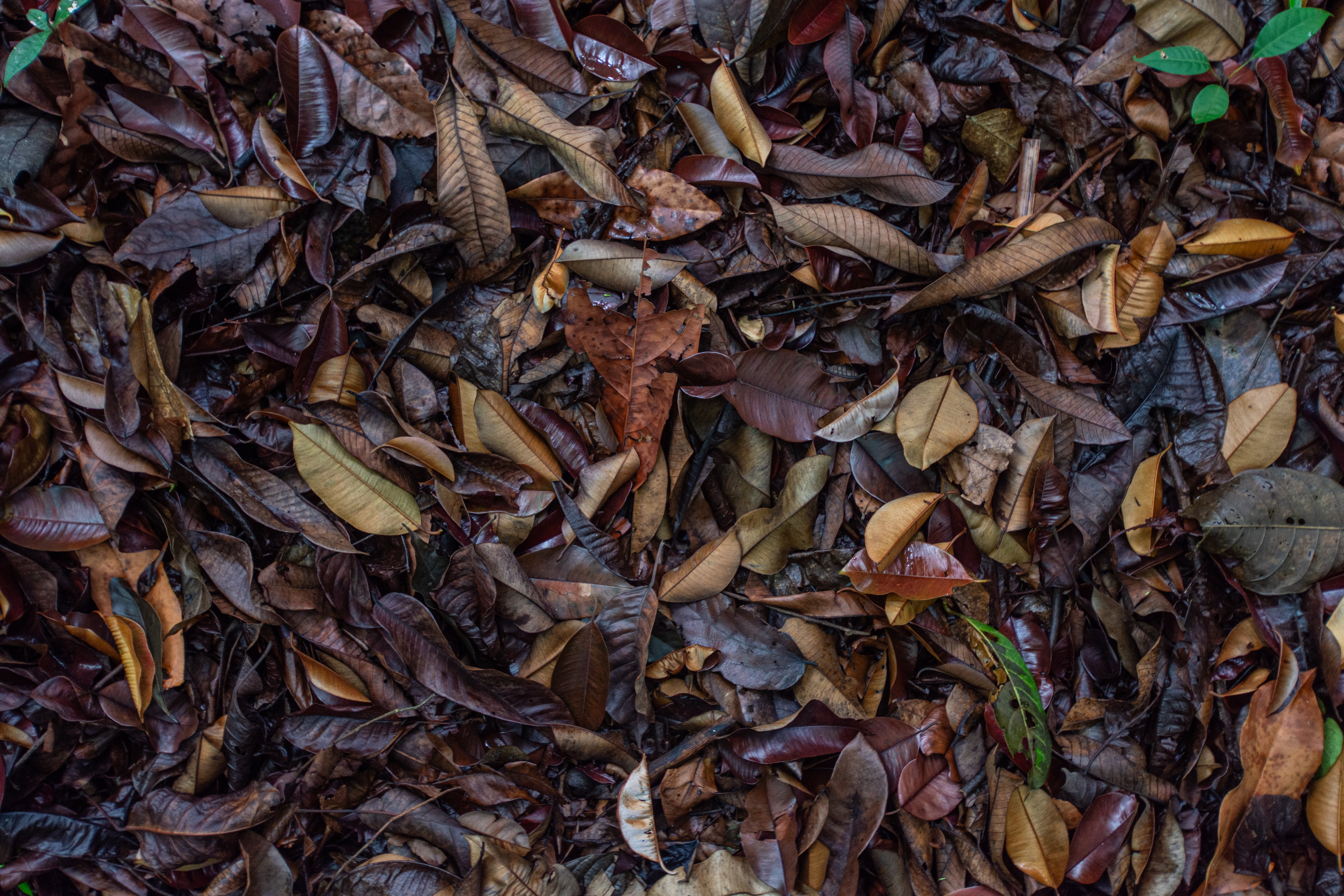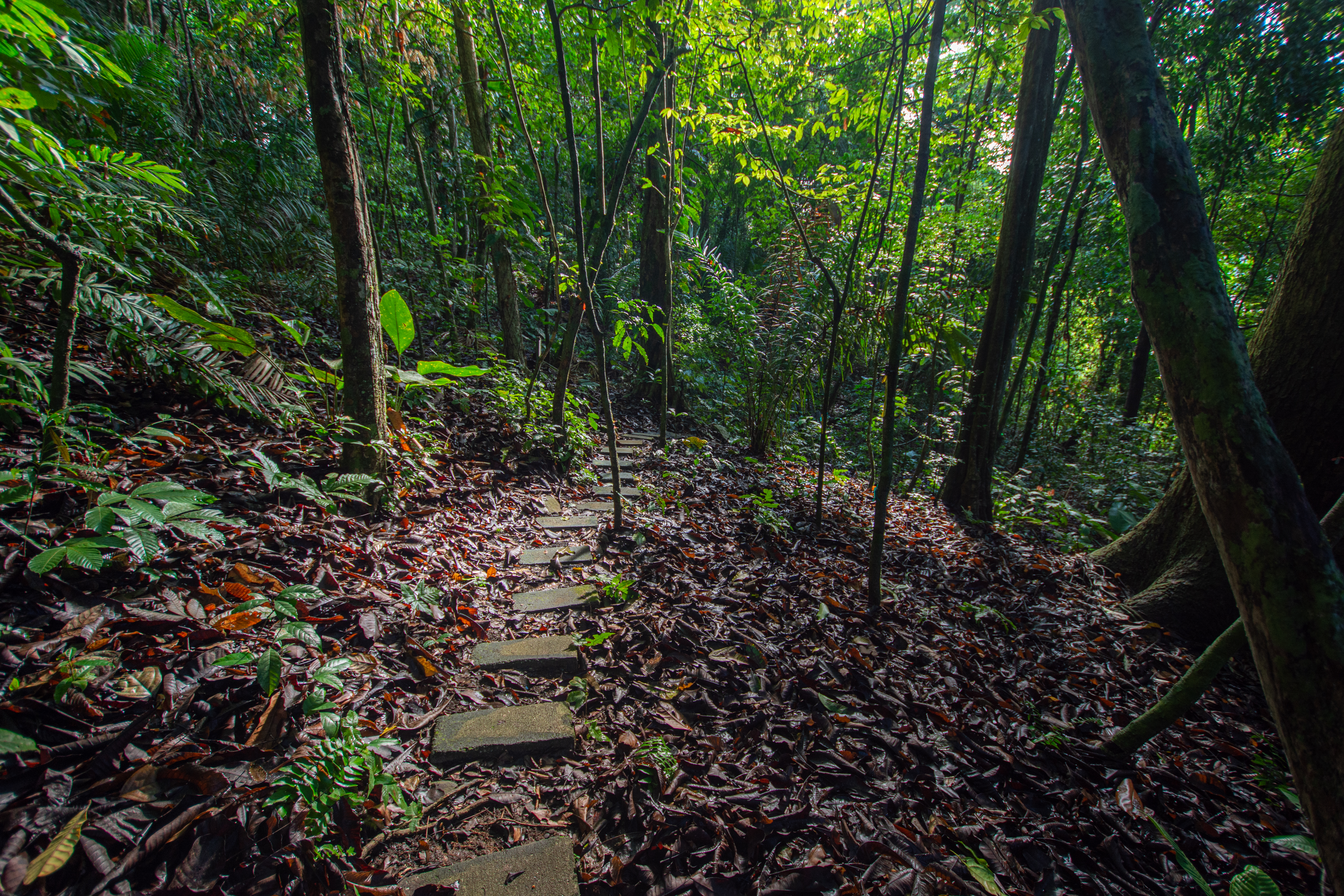A 17-Year Study Reveals How Dead Leaves Are a Tropical Forest Lifeline
A 17-year experiment in Panama revealed that the process of leaves falling and decomposing on the ground provides nutrients to the soil that help promote tree growth in otherwise infertile tropical forests.
Leila Nilipour
February 22nd, 2024

The noise of leaf blowers always seems to disrupt us in the worst possible moments. Blowing tree litter off patios, sidewalks, and driveways is commonly observed in suburban areas. Although it may not be aesthetically pleasing to look at for some, those fallen leaves are helping trees grow naturally. Researchers from the Smithsonian Tropical Research Institute (STRI) and collaborating institutions actually spent 17 years moving litter around a forest in Panama to understand how it works. Their findings were published in the Journal of Ecology.
Tropical forests are among the most important ecosystems for combating global warming. Yet many of them grow on infertile soils. Scientists believed that trees could be reutilizing the nutrients in litterfall to continue growing in poor-quality ground but didn’t have direct evidence to prove it. Previous studies hadn’t been able to explore the question in a sufficiently large area or for long enough to assess the role of fallen leaves in tropical forests.
To explore this theory, the Gigante Litter Manipulation Project (GLiMP) team worked in a tropical forest in Panama for nearly two decades. They took away dead leaves and plant material from some areas and put more in others. In other words, some trees got less litter than usual, while others got more - for 17 years.

A 17-year-long study in forests of the Barro Colorado Natural Monument determined that the nutrients in leaf litter help promote tree growth in otherwise infertile tropical forest soils. Jorge Alemán/STRI
The experiment was something co-author Edmund Tanner (Cambridge University and STRI) had long wanted to do – since starting forest fertilization trials in Jamaica in the 1980s. However, locating a suitable site and an organization that would support a long-term experiment proved challenging. Unlike fertilizer studies, which can persist with just an annual visit, sustained effort is essential for litter removal trials; as soon as you stop removing litter, the experiment slowly dies.
More:
https://www.smithsonianmag.com/blogs/smithsonian-tropical-research-institute/2024/02/22/a-17-year-study-reveals-how-dead-leaves-are-a-tropical-forest-lifeline/

